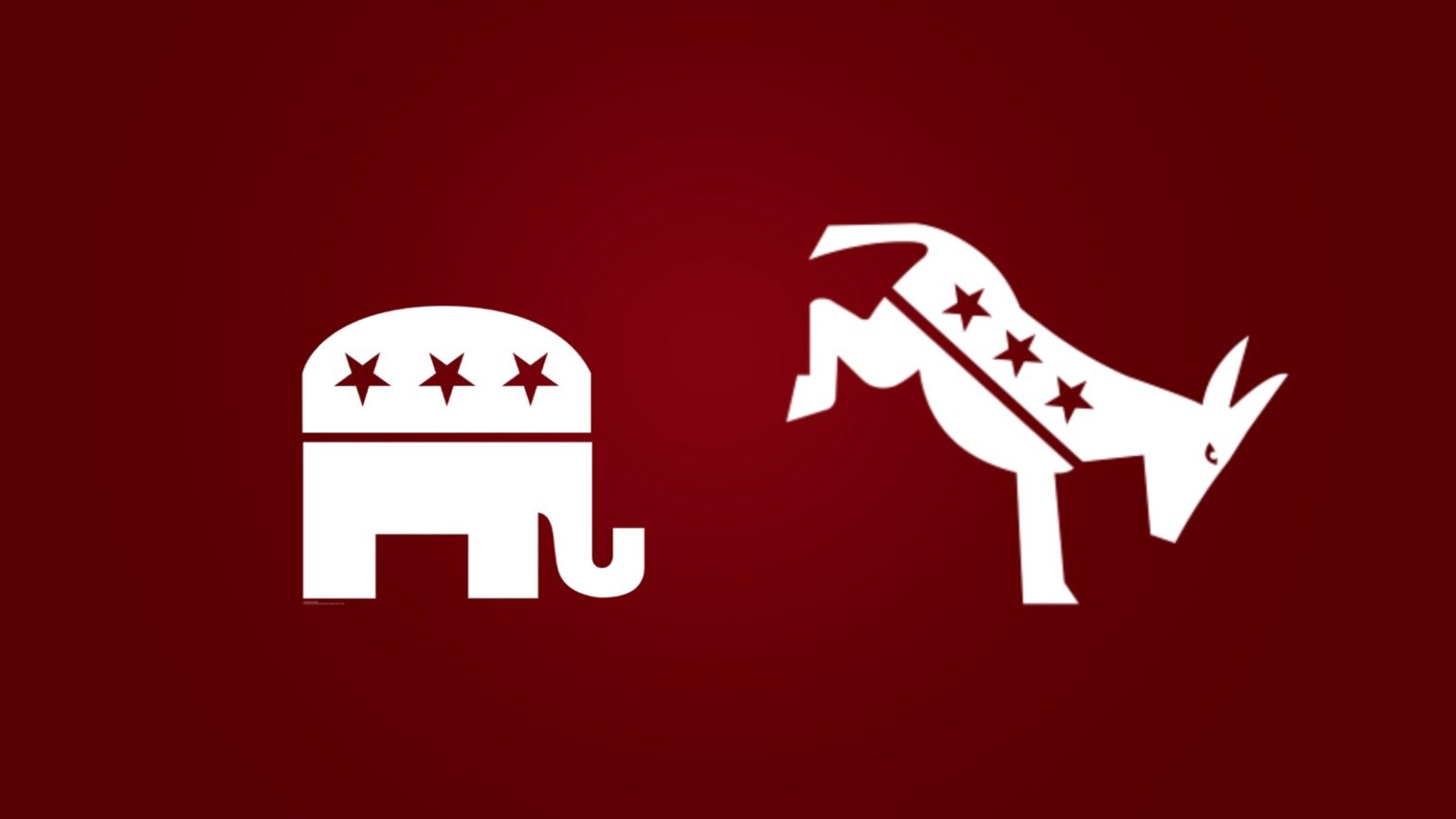US President Joe Biden strongly condemned comments made by Donald Trump, labeling them as “appalling and dangerous,” particularly Trump’s apparent downplaying of his commitment to NATO. Biden expressed concern that Trump’s statements could embolden Russian leader Vladimir Putin and escalate conflict and aggression.
Biden’s remarks came in response to Trump’s speech at a campaign rally in South Carolina, where he suggested that he would “encourage” Russia to attack NATO members who hadn’t met their financial obligations. This represents one of Trump’s most extreme criticisms of the military alliance, despite his long-standing skepticism toward NATO.
The former president’s comments sparked widespread alarm both domestically and internationally, with fears mounting that his stance could jeopardize the stability of the military alliance. There are renewed doubts regarding the US’s commitment to the mutual defense treaty, particularly if Trump were to be reelected as president in the upcoming November elections.
In response to Donald Trump’s remarks, US President Joe Biden issued a scathing statement, condemning Trump’s apparent willingness to grant Russian President Vladimir Putin carte blanche for further aggression.
Biden characterized Trump’s stance as “appalling and dangerous,” particularly in light of the ongoing conflict in Ukraine and the potential threat posed to other NATO members such as Poland and the Baltic States.
Trump’s comments stemmed from his description of a conversation he claimed to have had with a fellow head of state during an unspecified NATO meeting. According to Trump, when questioned about NATO protection in the event of a Russian attack on a non-compliant member, he responded by indicating that he would not offer protection and would even encourage Russian aggression.
Throughout his presidency and beyond, Trump has been vocal in his criticism of NATO allies, particularly regarding their failure to meet the organization’s defense spending targets. Trump’s insistence on financial contributions has been a consistent point of contention within the alliance.
Trump’s insistence on financial contributions from NATO allies was reiterated during his speech on Saturday, where he emphasized the importance of fulfilling financial obligations. As the likely Republican nominee for the upcoming presidential election, Trump emphasized, “You got to pay. You got to pay your bills.”
This remark followed the rejection of a bipartisan bill by Senate Republicans earlier in the week. The bill aimed to provide essential funding for Ukraine, support for ally Israel, and reforms to address the US-Mexico border crisis. Despite this setback, a foreign aid package that separates aid from the border issue passed a key procedural vote in the US Senate on Sunday. However, there remains the possibility of Republican opposition preventing it from becoming law.
The $95 billion package includes provisions for Israel and Taiwan, with a significant portion allocated to Ukraine for rearmament as it faces its third year of conflict since Putin’s invasion. The White House responded to Trump’s remarks by condemning any encouragement of invasions by hostile regimes, describing such actions as “appalling and unhinged.”
‘Undermines’ security
NATO Secretary-General Jens Stoltenberg issued a stark warning on Sunday, emphasizing that any insinuation that allies would not uphold their mutual defense commitments undermines the security of all members, including the United States. His remarks underscored the critical importance of solidarity within the alliance.
European Council President Charles Michel joined in condemning the comments, labeling them as “reckless” and asserting that they only serve the interests of Russian President Vladimir Putin. Michel’s statement highlighted the potential consequences of undermining NATO’s unity and collective defense posture.
In contrast, Republican Senator Marco Rubio, a supporter of former President Trump, came to his defense, characterizing Trump’s remarks as a recounting of past events rather than a policy directive. Rubio acknowledged Trump’s departure from traditional political rhetoric, suggesting that his unconventional communication style should be interpreted differently.
Senator Rubio pointed out that during Trump’s presidency, the United States remained actively engaged in NATO, with American troops stationed throughout the alliance. His remarks aimed to emphasize the continuity of US commitment to NATO across different administrations.
NATO Secretary-General Stoltenberg echoed Rubio’s sentiment, expressing confidence that regardless of the outcome of the presidential election, the United States would continue to be a steadfast and dedicated ally within the NATO framework.
Meanwhile, at the South Carolina rally, Trump took aim at Nikki Haley, his former UN ambassador and a current contender for the Republican presidential nomination. Despite Haley’s challenge, she trails significantly in the polls.
Responding to Trump’s remarks on NATO, Haley criticized her former boss, alleging that he was aligning himself with Russian President Vladimir Putin’s agenda. She emphasized the importance of not siding with leaders who engage in oppressive tactics and military aggression.
Haley also defended her husband, Michael Haley, who is deployed on a military mission in Africa, after Trump mocked his absence from the campaign trail. She condemned Trump’s behavior, describing it as disrespectful to the men and women serving in the military and indicative of a broader pattern of chaos.


